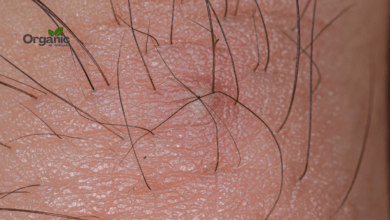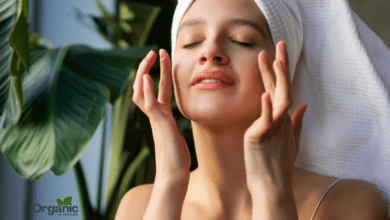Does Charcoal Toothpaste Really Work? The Truth About Natural Whitening
In recent years, charcoal toothpaste has gained massive popularity as a natural way to whiten teeth. Marketed as a powerful stain remover, it claims to brighten smiles without the use of harsh chemicals.
But does it really work? And is it safe for your teeth in the long run? Let’s take a closer look at the truth behind charcoal toothpaste.
What Is Charcoal Toothpaste?
Charcoal toothpaste is made with activated charcoal, a fine black powder derived from carbon-rich materials like wood, coconut shells, and peat.
Activated charcoal is known for its ability to absorb toxins and impurities, which is why it has been used for centuries in medicine and skincare. When used in toothpaste, it is believed to remove surface stains and toxins from the teeth.
How Does Charcoal Toothpaste Claim to Work?
The idea behind charcoal toothpaste is simple: the porous nature of activated charcoal binds to surface stains and plaque, lifting them off the teeth. Many brands also claim that charcoal can neutralize bad breath and detoxify the mouth. But does science back up these claims?
If you’re considering natural whitening options, consulting a South Yarra dentist can help you determine the best approach for a healthier and brighter smile.
The Pros of Using Charcoal Toothpaste
- Removes Surface Stains
Charcoal toothpaste can help remove external stains caused by coffee, tea, red wine, and smoking. It may provide a temporary whitening effect by eliminating superficial discoloration.
- Natural Ingredients
Many charcoal toothpastes are free from artificial chemicals, making them a preferred option for those looking for natural oral care products.
- Freshens Breath
Some people find that charcoal toothpaste helps with bad breath by absorbing odor-causing bacteria and toxins in the mouth.
The Downsides of Charcoal Toothpaste
- It Can Be Abrasive
Charcoal is a highly abrasive substance, which means it can wear down your enamel over time. Unlike enamel, which doesn’t regenerate, once it’s gone, it’s gone forever. This can lead to increased tooth sensitivity and a higher risk of cavities.
- No Proven Deep Whitening Benefits
Charcoal toothpaste may remove surface stains, but it does not change the natural color of your teeth. Unlike professional whitening treatments, it does not penetrate deeper layers of enamel to eliminate intrinsic stains.
- It May Weaken Tooth Structure
Some studies suggest that excessive use of charcoal toothpaste can weaken the protective enamel layer, making teeth more vulnerable to damage.
- Can Cause Gum Irritation
Charcoal particles can sometimes get lodged in the gums, leading to irritation and potential gum health issues.
What Do Dentists Say About Charcoal Toothpaste?
Most dental professionals are cautious about recommending charcoal toothpaste due to its abrasive nature and lack of scientific evidence supporting its long-term benefits.
Dr. John Smith, a cosmetic dentist, warns, “While charcoal toothpaste can help remove some surface stains, it does not replace professional whitening treatments. Overuse can actually damage your enamel, leading to more harm than good.”
Safer Alternatives for Teeth Whitening
If you’re looking for a safer and more effective way to whiten your teeth, consider the following options:
- Professional Teeth Whitening
In-office teeth whitening performed by a dentist is the safest and most effective way to achieve noticeable results. These treatments use professional-grade bleaching agents to lighten teeth without harming the enamel.
- Whitening Toothpaste with Fluoride
Instead of charcoal toothpaste, opt for a whitening toothpaste that contains gentle polishing agents and fluoride to protect your enamel.
- Whitening Strips
Over-the-counter whitening strips can be a convenient option for gradual whitening. They are less abrasive than charcoal toothpaste and provide longer-lasting results.
- Good Oral Hygiene
Brushing twice daily, flossing, and using mouthwash can prevent staining and keep your teeth looking naturally white.
Charcoal toothpaste may provide a temporary whitening effect by removing surface stains, but it is not a substitute for professional whitening treatments. Due to its abrasive nature, it may do more harm than good if used too frequently. If you’re looking for a safe and effective way to whiten your teeth, it’s best to consult a South Yarra dentist to explore better alternatives.
At the end of the day, maintaining a healthy oral care routine and seeking professional treatments when needed will always be the best way to achieve a bright and confident smile.



